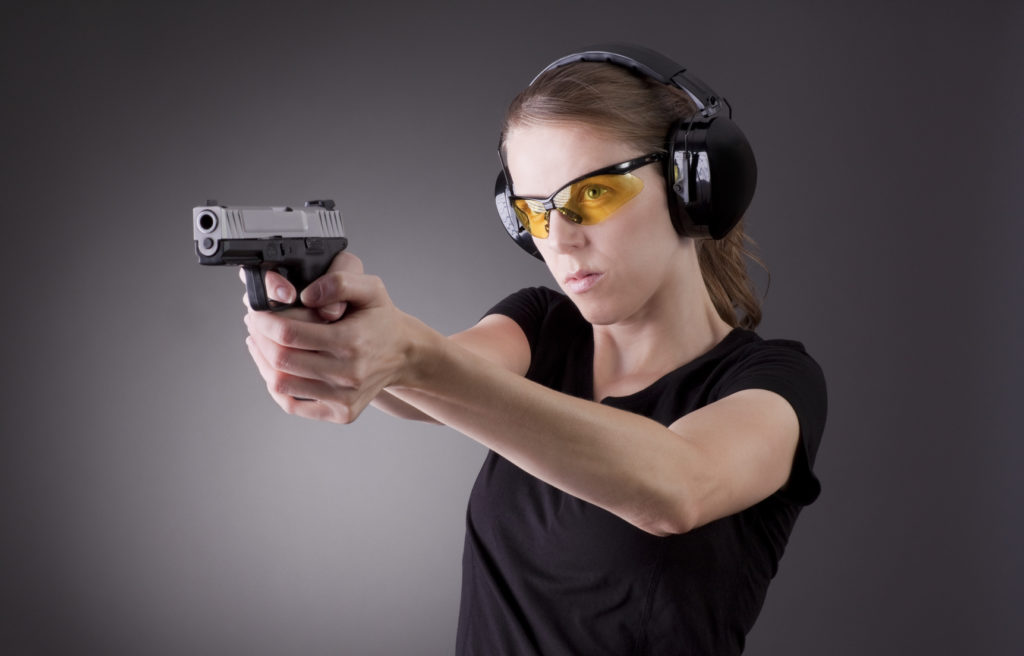Ask many gun owners, and they will tell you that the best way to get better with your shooting is to shoot more, and there is no question that more rounds at the range is important. But not everyone is near a convenient gun range, and not everyone has a work schedule that will allow regular visits to a range during normal business hours. What do you do in those types of life situations to become a better shot?
Dry fire drills.
In case you’re not familiar with it, dry fire drills are using an unloaded gun or a dummy gun to repeatedly practice drawing your weapon (assuming that you carry) and aiming and shooting your weapon. The idea is to simulate as close as possible the real thing without using ammo (thus, less danger and less expense) and without having to be as concerned about accidentally shooting someone or something (and we all know how bad that would be).
If you’re considering dry fire drills, though, the first precedent, as in any firearms practice, is safety. Sheriff Jim Wilson writes about this,
However, dry-fire drills have to incorporate a serious concern for safety. Obviously, a lot of bad things can happen if you have a negligent discharge in your house, and firing a shot from a handgun you thought was unloaded is absolutely no excuse. It is best to get in the habit of unloading the handgun (check it twice) and leaving all of your ammunition in another room. Make this a major part of your dry-fire drills to guarantee your handgun is empty and stays that way for the entire session.
Remember that the focus of dry fire practice is to practice the right things over and over so that you don’t have to think about them in the heat of the moment when you need your weapon to protect you or a loved one. For that reason, Sheriff Wilson says he doesn’t like to practice his dry fire drills in front of a mirror. He says that, when practicing in front of a mirror, it’s too easy to become distracted to try to visually confirm that you “look” like you’re doing everything correctly instead of getting it down by feel. This makes sense because, in that emergency situation, you aren’t going to be able to see yourself to confirm that you’re doing it right. Ideally, you’ll be doing it by unconscious feel.
Because this type of practice can be accomplished anywhere at any time, dry fire drills may be the ideal daily practice for you to habituate your weapon presentation and shooting skills.
